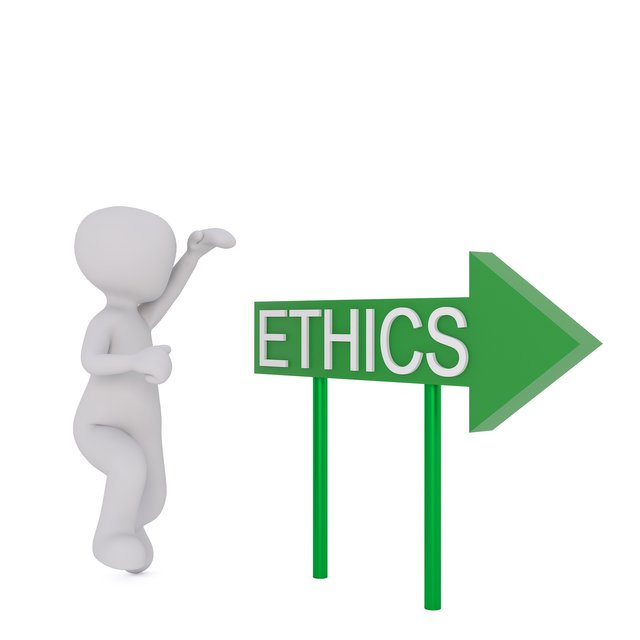AI Predictions for 2020 - Part 2 (the present)
This is the part 2 of the series I started a few days back talking about where I see AI going for the next decade. Part 1 summarizes some of the AI revolutions of the past decade while part 3 (the future) will give the predictions for the next decade. Part 2 here will summarize where we sit today (the present) with AI.
The Past is Being Reinforced
In part 1, I mentioned 5 major areas AI has made a difference in our lives - robotic automation, democratization of education, democratization of information, creation of new industries and economies and democratization of finance and investing. Each of these areas are being reinforced continuously even today. Companies are currently dealing with the financial and ethical dilemma of laying of staff vs. retraining due to redundancies brought about by AI, universities are grappling with how to justify charging high tuition fees giving that many high profile companies are increasingly not requiring university degrees to offer one employment, the major social media networks are grappling with how to effectively deal with fake news and not hurt their user base even as regulation becomes imminent, new jobs that didn't exist a decade ago are becoming mainstream with high salaries, due to new industries aided by AI becoming significantly valuable in a very short period of time and finally, robo advisors have brought in a new demographic - young investors - into the investing arena who were largely absent a decade ago. That AI has had an impact and continues to do so in our lives is an understatement.
AI is no longer Hype
A look at the 2019 Gartner Hype Cycle for Artificial Intelligence shows two AI technologies - speech recognition and GPU accelerators are already in the plateau of productivity, the last stage of Gartner's hype cycle. Several other AI technologies such as autonomous vehicles and cognitive computing are currently far ahead in the trough of disillusionment and approaching the slope of enlightenment. This trend is expected to continue this decade.
AI Ethics and Data Privacy
A decade ago, AI ethics and data privacy were not even a thing. Today there are several academic journals discussing the subject. Europe's General Data Protection Regulation (GDPR), the Toronto declaration and the California Consumer Privacy Act (CCPA) that just took effect January 1st 2020 all came into being within the last 2 years and reflects both the current state and speed at which regulators and similar bodies are working hard to protect individuals from some of the abuses and biases that can be wrought through AI. For example, the GDPR, recognizes AI can be both a data processor and/or a controller (traditionally ascribed to humans) and expands its scope to handle both scenarios. Clearly, we can see where all this is heading. Can one sue an AI algorithm in a court of law? Is there legal precedence for this? If an AI algorithm can learn on it's own, then who do we hold responsible for the AI's wrong doing - the programmer or the program? Humanity will definitely debate these issues (and more) in the year 2020.
Thanks for reading! If you liked the post, please upvote below.
aiplusfinance

Congratulations @aiplusfinance! You have completed the following achievement on the Steem blockchain and have been rewarded with new badge(s) :
You can view your badges on your Steem Board and compare to others on the Steem Ranking
If you no longer want to receive notifications, reply to this comment with the word
STOPThanks @steemitboard! Appreciate the support.